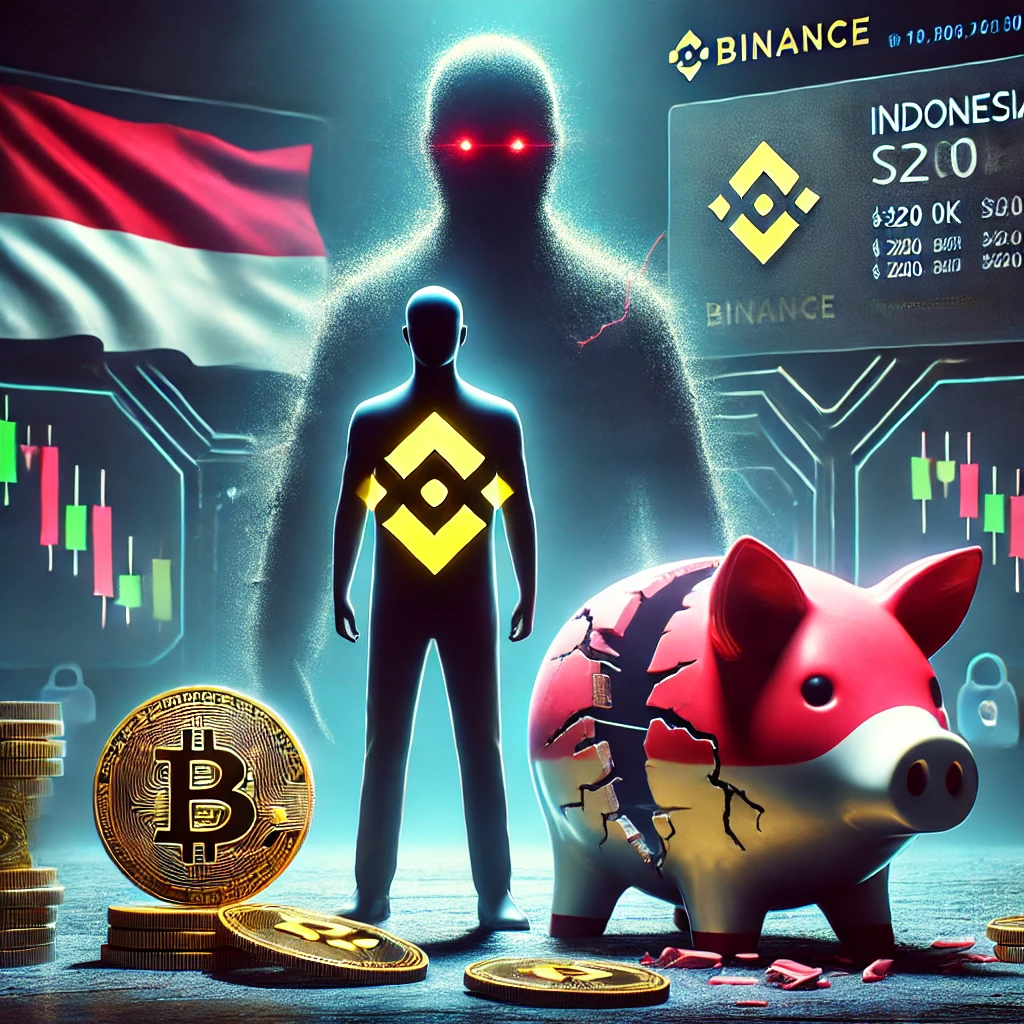
Estimated reading time: 7 minutes
Crypto trading has become an integral component of Africa’s financial markets. Despite regulatory challenges and skepticism, the continent has embraced digital currencies significantly. High mobile penetration, unbanked populations seeking financial inclusion, and the enthusiasm of the younger generation for new technologies drive this adoption.
Cryptocurrency offers a viable alternative to traditional banking and financial services, especially in regions with limited access to banking facilities. Crypto trading facilitates remittances, reduces transaction costs, and provides a platform for wealth accumulation and investment, contributing significantly to economic activities and financial liberation across the continent. Here is a list of some of the richest crypto traders in Africa:
Table of contents
Xolane Ndhlovu – Africa’s richest crypto millionaire
Profile

Xolane Ndhlovu serves as the chairman of DafriBank Digital LTD, a position through which he has significantly impacted the crypto sphere in Africa. His approach blends innovation with practical financial solutions tailored to African markets. Ndhlovu began his involvement in crypto early, demonstrating strategic foresight in digital finance.
Achievements
Ndhlovu gained prominence in the crypto industry when he was named among the Top 50 crypto-rich individuals globally. His entrepreneurial spirit extends beyond cryptocurrencies, as he has made significant contributions to banking, real estate, and e-commerce through his conglomerate, DafriGroup. His philanthropic efforts, such as substantial donations to various causes, including COVID-19 relief, educational bursaries, and more, showcase a commitment to leveraging his wealth for societal benefit.
Net worth
With an estimated net worth of $300 million, Xolane Ndhlovu is Africa’s richest crypto investor. This wealth is a testament to his business acumen and reflects the potential and profitability of the cryptocurrency market in Africa. His financial success inspires many in the continent, illuminating the potential of cryptocurrencies as a tool for economic empowerment and wealth generation in Africa.
Related: Is There an African Cryptocurrency?
Notable Crypto Traders in Nigeria
The Nigerian cryptocurrency market has seen the rise of several influential traders who have amassed significant wealth and contributed to the crypto ecosystem’s growth and education.
Gaius Chibueze – Bitcoin Chief

Profile: Known as the “Bitcoin Chief,” Gaius Chibueze is a pioneering figure in the Nigerian cryptocurrency scene. He founded Tatcoin, a digital currency that simplifies shopping transactions in Africa.
Contributions: Beyond his trading prowess, Chibueze dedicates himself to educating Nigerians about cryptocurrency through seminars and social media, establishing himself as a prominent crypto advocate.
Net Worth: His net worth is estimated at $10 million, highlighting the lucrative possibilities within Nigeria’s crypto trading sphere.
Hanu Fejiro Agbodje

Profile: Hanu Fejiro Agbodje is the visionary founder of Patricia, one of Nigeria’s leading cryptocurrency exchanges. His platform has revolutionized how Nigerians buy and sell Bitcoin and other cryptocurrencies.
Achievements: Agbodje’s platform not only facilitates cryptocurrency transactions but also integrates the trading of gift cards, expanding the scope of digital transactions in Nigeria.
Net Worth: His entrepreneurial skill has garnered him a net worth of approximately $8.9 million.
Onomor Eseoghene

Profile: As the CEO of Roqqu, Onomor Eseoghene leads Nigeria’s largest cryptocurrency trading platform. Its user-friendly interface is especially suited to beginners.
Innovations: Eseoghene’s focus on simplifying the crypto experience for new users has significantly contributed to Roqqu’s growth and popularity.
Net Worth: His efforts have earned him a net worth of $7 million, reflecting his impact on the crypto trading industry.
Linus Williams Ifejika – B-Lord

Profile: Linus Williams Ifejika, better known as B-Lord, is not just a crypto trader but a multifaceted entrepreneur with ventures spanning various industries.
Businesses: He owns the B-Lord Bitcoin shop and other business entities, showcasing his entrepreneurial spirit.
Net Worth: His diverse business interests have accumulated a net worth of $5 million.
Tola Joseph Fadugbagbe

Profile: Tola Joseph Fadugbagbe, known for his deep understanding of the market and strategic trading insights, is a respected figure in the crypto community.
Education: He founded Cryptomasterclass, a platform dedicated to educating Nigerians on profitable cryptocurrency trading strategies.
Net Worth: His expertise and educational contributions have helped him build a net worth of $4 million.
Also read: Japanese Society Uses Blockchain Technology to Safeguard Akita Dog Breeds
Legal and regulatory challenges facing crypto traders in Africa
Unclear Regulations: One of the primary challenges facing African cryptocurrency traders is the need for clear regulatory frameworks. In many African countries, cryptocurrencies’ legal status remains undefined, creating uncertainty and risks for traders and investors. This uncertainty can deter investment and stifle the growth of the crypto market.
Security Concerns: Due to cryptocurrencies’ digital nature, traders and exchanges are often targets of cyber attacks. The lack of robust legal protections can leave victims of theft or fraud without recourse, undermining trust in the crypto market.
Financial Oversight: Several African governments are cautious about cryptocurrencies potentially undermining their financial systems. Concerns about money laundering and other illicit activities have led some countries to impose strict regulations that limit the ability to trade freely.
Conclusion
Cryptocurrency plays a transformative role in Africa’s financial landscape. It has introduced new ways of handling money, from reducing the cost of transactions to enabling financial inclusion at an unprecedented scale. The decentralization of financial services through cryptocurrencies offers increased accessibility, providing many Africans the first opportunity to engage with financial services.
Frequently asked questions
Regulations around cryptocurrencies vary by country, as they are not uniformly established across Africa. Traders must be aware of local laws to ensure compliance and avoid potential legal issues.
Cryptocurrencies can provide financial services to the unbanked population by bypassing traditional banking infrastructure. This includes facilitating transactions, savings, and lending, all without a traditional bank account.
Traders should use strong, unique passwords for their accounts and enable two-factor authentication. They should store their assets in secure wallets and use reputable trading platforms with robust security measures.
Future developments could lead to broader use of cryptocurrencies for daily transactions. More supportive regulatory frameworks may be established. Additionally, blockchain technology might see greater integration into sectors like agriculture and public administration.
Risks include market volatility, regulatory changes, technological vulnerabilities, and the potential for fraud. Investors should conduct thorough research and consider these risks before engaging in cryptocurrency transactions.
Also read: Ethereum Fees Plummet to 6-Month Low, Indicating Potential Altcoin Rally
Discover more from The African Crypto
Subscribe to get the latest posts sent to your email.










